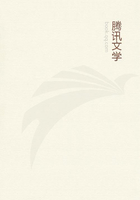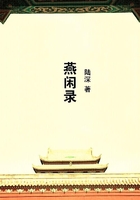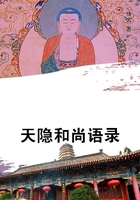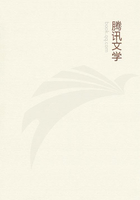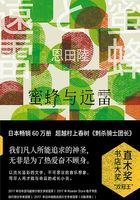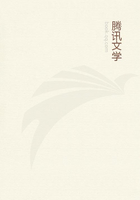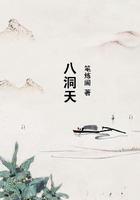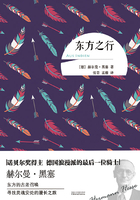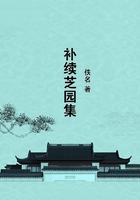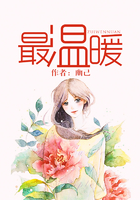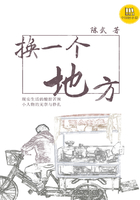and parents of twins soon learn that it conduces to a quiet house to buy all presents in impartial duplicate.Of the later evolution of the proprietary instinct I need not speak.Everyone knows how difficult a thing it is not to covet whatever pleasing thing we see, and how the sweetness of the thing often is as gall to us so long as it is another's.Then another is in possession, the impulse to appropriate the thing often turns into the impulse to harm him -- what is called envy , or jealousy , ensues.In civilized life the impulse to own is usually checked by a variety of considerations, and only passes over into action under circumstances legitimated by habit and common consent, an additional example of the way in which one instinctive tendency may be inhibited by others.A variety of the proprietary instinct is the impulse to form collections of the same sort of thing.It differs much in individuals, and shows in a striking way how instinct and habit interact.For, al- though a collection of any given thing -- like postage-stamps -- need not be begun by any given person, yet the chances are that if accidentally it be begun by a person with the collecting instinct, it will probably be continued.The chief interest of the objects, in the collector's eyes, is that they are a collection, and that they are his.
Rivalry, to be sure, inflames this, as it does every other passion, yet the objects of a collector's mania need not be necessarily such as are generally in demand.Boys will collect anything that they see another boy collect, from pieces of chalk and peach-pits up to books and photographs.
Out of a hundred students whom I questioned, only four or five had never collected anything.
The associationist psychology denies that there is any blind primitive instinct to appropriate, and would explain all acquisitiveness, in the first instance, as a desire to secure the pleasures' which the objects possessed may yield; and, secondly, as the association of the idea of pleasantness with the holding of the thing, even though the pleasure originally got by it was only gained through its expense or destruction.Thus the miser is shown to us as one who has transferred to the gold by which he may buy the goods of this life all the emotions which the goods themselves would yield; and who thereafter loves the gold for its own sake, preferring the means of pleasure to the pleasure itself.There call belittle doubt that much of this analysis a broader view of the facts would have dispelled.
'The miser' is an abstraction.There are all kinds of misers.The common sort, the excessively niggardly man, simply exhibits the psychological law that the potential has often a far greater influence over our mind than the actual.A man will not marry now, because to do so puts an end to his indefinite potentialities of choice of a partner.He prefers the latter.He will not use open fires or wear his good clothes, because the day may come when he will have to use the furnace or dress in a worn-out coat, 'and then where will he be? For him, better the actual evil than the fear of it; and so it is with the common lot of misers.Better to live poor now, with the power of living rich, than to live rich at the risk of losing the power.These men value their gold, not for its own sake, but for its powers.Demonetize it, and see how quickly they will get rid of it! The associationist theory is, as regards them, entirely at fault: they care nothing for the gold in se.
With other misers there combines itself with this preference of the power over the act the far more instinctive element of the simple collecting propensity.Every one collects money, and when a man of petty ways is smitten with the collecting mania for this object he necessarily becomes a miser.
Here again the associationist psychology is wholly at fault.The hoarding instinct prevails widely among animals as well as among men.Professor Silliman has thus described one of the hoards of the California wood-rat, made in an empty stove of an unoccupied house:
" I found the outside to be composed entirely of spikes, all laid with symmetry, so as to present the points of the nails outward.In the centre of this mass was the nest, composed of finely-divided fibres of hemp-packing.
Interlaced with the spikes were the following: about two dozen knives, forks, and spoons; all the butcher's knives, three in number; a large carving-knife, fork, and steel; several large plugs of tobacco,...an old purse containing some silver, matches, and tobacco; nearly all the small tools from the tool-closets, with several large angers,...all of which must have been transported some distance, as they were originally stored in different parts of the house....The outside casing of a silver watch was disposed of in one part of the pile, the glass of the same watch in another, and the works in still another."

